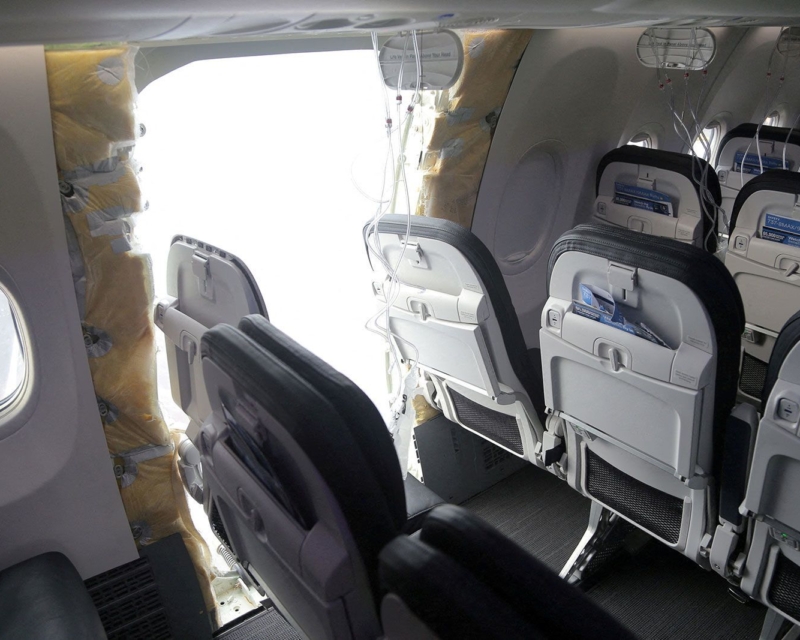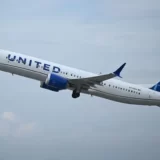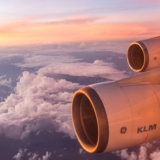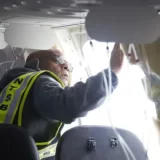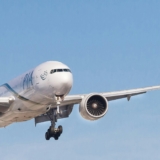FAA Launches New Probe into Boeing Over Potential Dreamliner Inspection Failures
The Federal Aviation Administration (FAA) has launched a fresh investigation into Boeing, the American aerospace giant, over suspicions that it may have bypassed critical inspections on its 787 Dreamliner aircraft. This probe brings new scrutiny to the company’s safety practices, which have faced repeated challenges in recent years.
At the heart of the FAA’s inquiry are allegations that Boeing may have skirted certain required inspections of the Dreamliner. Even more troubling, the investigation seeks to determine whether some employees may have falsified aircraft records in an attempt to cover up these potential lapses. The ramifications of such actions, if proven true, could be far-reaching, impacting not only the company’s reputation but also the future of air travel safety.
Boeing, once a trusted name synonymous with innovation and quality, has found itself embroiled in scandal after scandal over the past few years. The most infamous of these being the two 737 MAX crashes that tragically claimed the lives of 346 people and led to a worldwide grounding of the aircraft. Since then, the company has been under the watchful eye of regulators, but the latest allegations suggest that the internal checks and balances may still not be up to the mark.
The 787 Dreamliner was once touted as the pinnacle of their engineering prowess, a sleek, efficient aircraft meant to redefine modern air travel. But now, it seems, the very safety of this flagship plane is being called into question. Given the Dreamliner’s extensive use by major airlines worldwide, any significant shortcomings in its safety and maintenance could have global implications.
Boeing, for its part, has remained relatively tight-lipped about the FAA’s investigation, offering only a generic statement that it is cooperating with the agency and takes safety and compliance seriously. While these platitudes may sound reassuring, they ring hollow to a public that has grown increasingly skeptical of the company’s ability to police itself.
The FAA’s investigation is a stark reminder of the importance of transparency and integrity in the aerospace industry. When profits and expedience take precedence over safety, the consequences can be catastrophic. They must now reckon with the responsibility it holds not just to its shareholders but, more crucially, to the millions of passengers who place their trust in the company’s aircraft every day.
As this investigation unfolds, one can only hope that it will serve as a wake-up call to the company and the entire aviation industry: Safety must always come first. A failure to uphold this fundamental principle risks not only lives but the hard-earned trust of the flying public.

